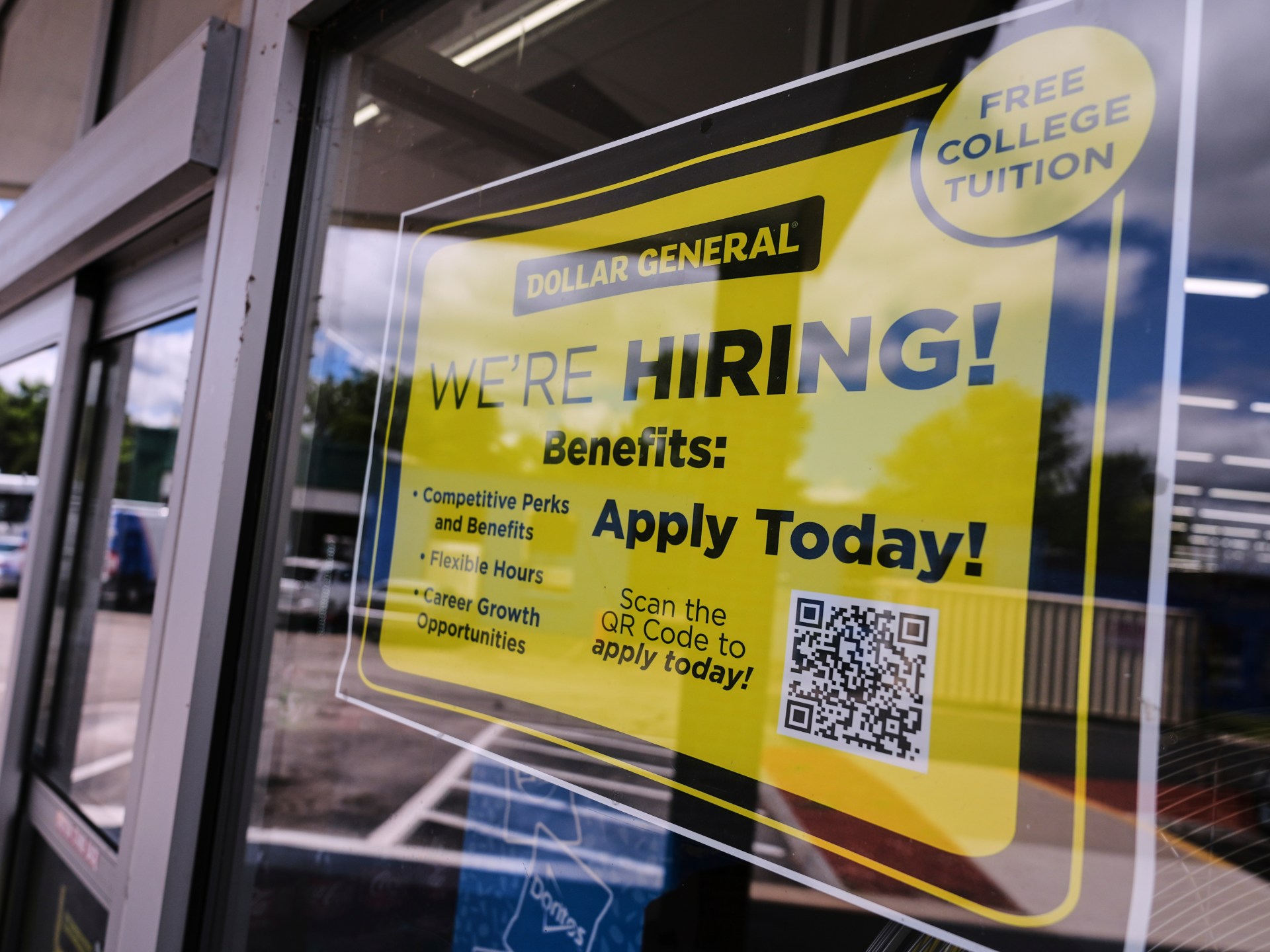After a weak jobs report that revealed gaps in the labor market, Americans are more pessimistic about the state of the country’s economy.
The Conference Board announced on Tuesday that its consumer confidence index dropped from a revised reading of 98.7 in July to 97.4 this month.
According to Stephanie Guichard, senior economist of global indicators at the Conference Board, “consumers’ perception of current job availability decreased for the eighth consecutive month.”
Pessimism about the availability of jobs increased, and optimism about the income declined in the process.
Consumers are concerned about their income. Short-term expectations of business conditions were the only indicator of a decline of 1.2 points, or 74.8. 80 is typically the indicator of a looming recession.
Employment market contributes to decline
While unemployment and layoffs are historically low, there has been a pronounced decline in the employment market this year as a result of mounting mounting evidence that people are having trouble finding jobs.
In July, US employers added 73, 000 jobs, which is far below what analysts had anticipated. The Bureau of Labor Statistics’ revised May and June figures significantly reduced previous estimates by 258, 000 jobs, and the unemployment rate increased from 4.1 percent to 4.2 percent.
In June, according to another government report, US employers posted 7.4 million job openings, down from 7.3 million in May. As a sign of confidence in their futures elsewhere, more people are leaving their jobs.
When the government releases its report on job gains and openings in August and June, more job data will be available the following week.
According to the Conference Board, references to high prices and inflation increased again and frequently appeared alongside tariffs in the consumer confidence index that it calculates.
While consumer prices were generally stable from June to July, according to other government data, US wholesale inflation unexpectedly increased last month.
Consumer costs are also rising as a result of President Donald Trump’s massive import taxes.
The Conference Board reported that in August, the share of consumers who had anticipated a recession for the upcoming year reached its highest level since the start of Trump’s tariff rollout, according to the Conference Board.
After July’s decline, the proportion of survey respondents who planned to buy a car in the near future increased, while those who planned to buy a home remained stable.
Source: Aljazeera

Leave a Reply